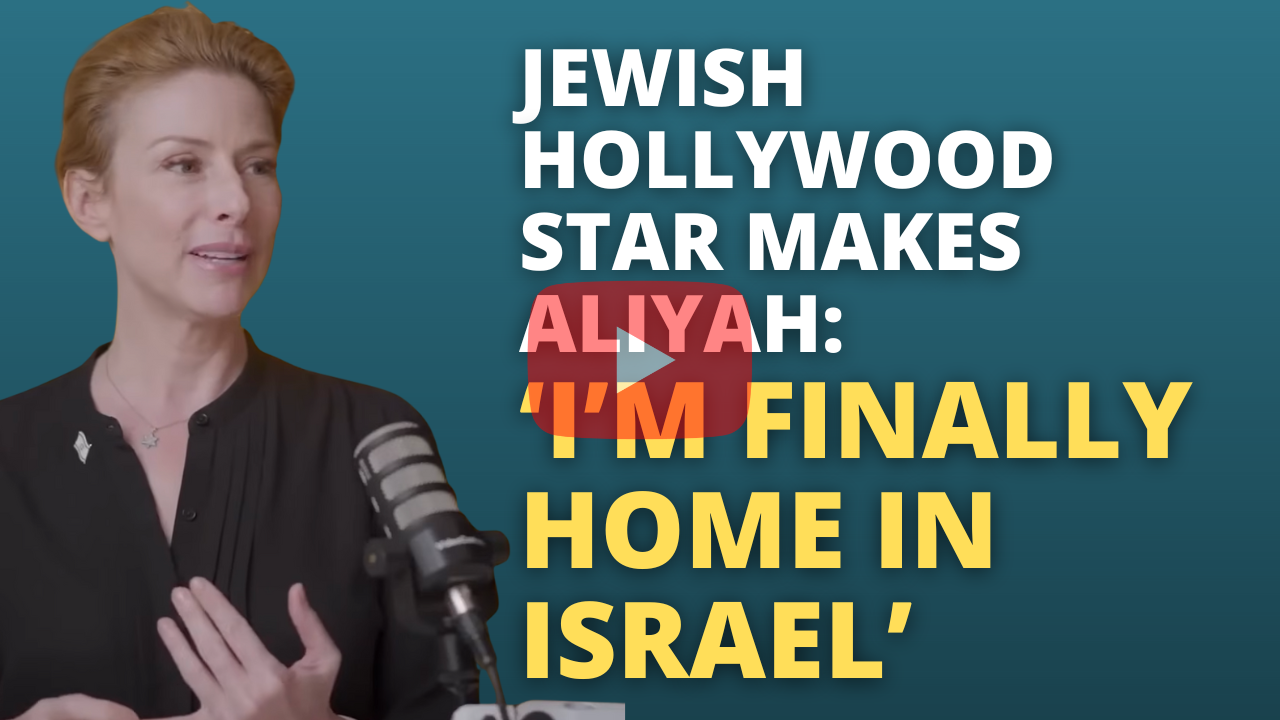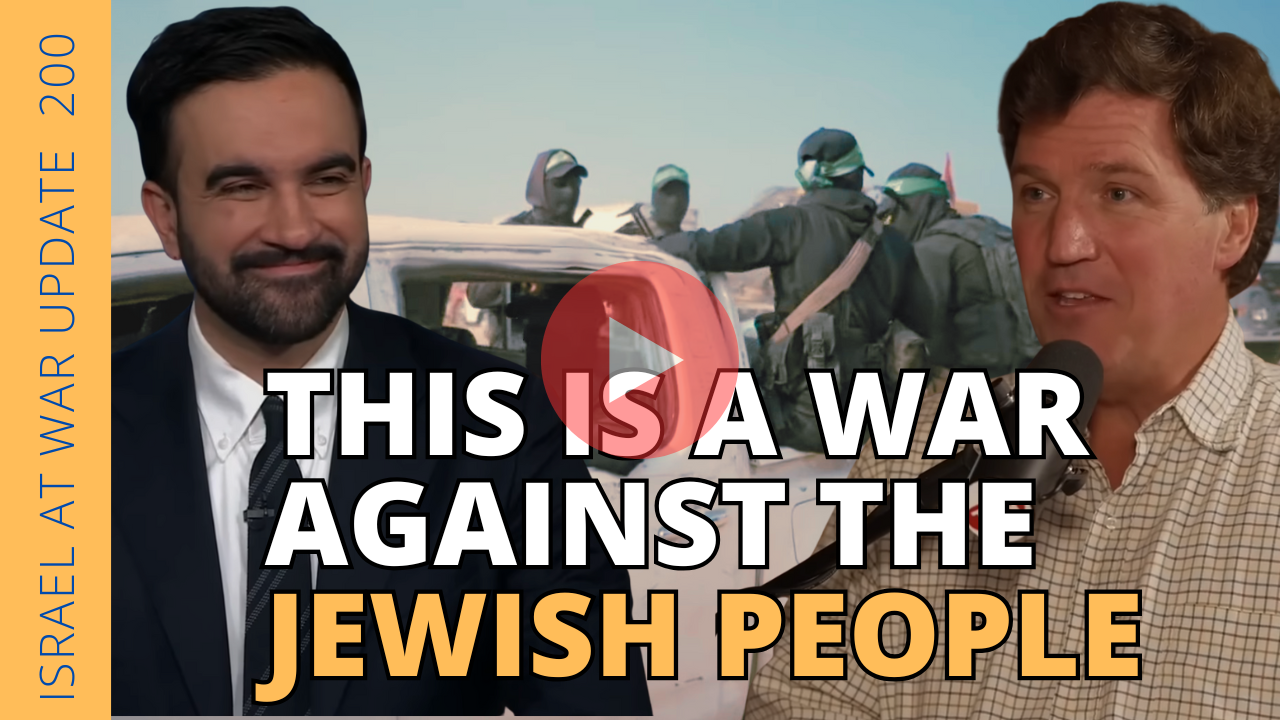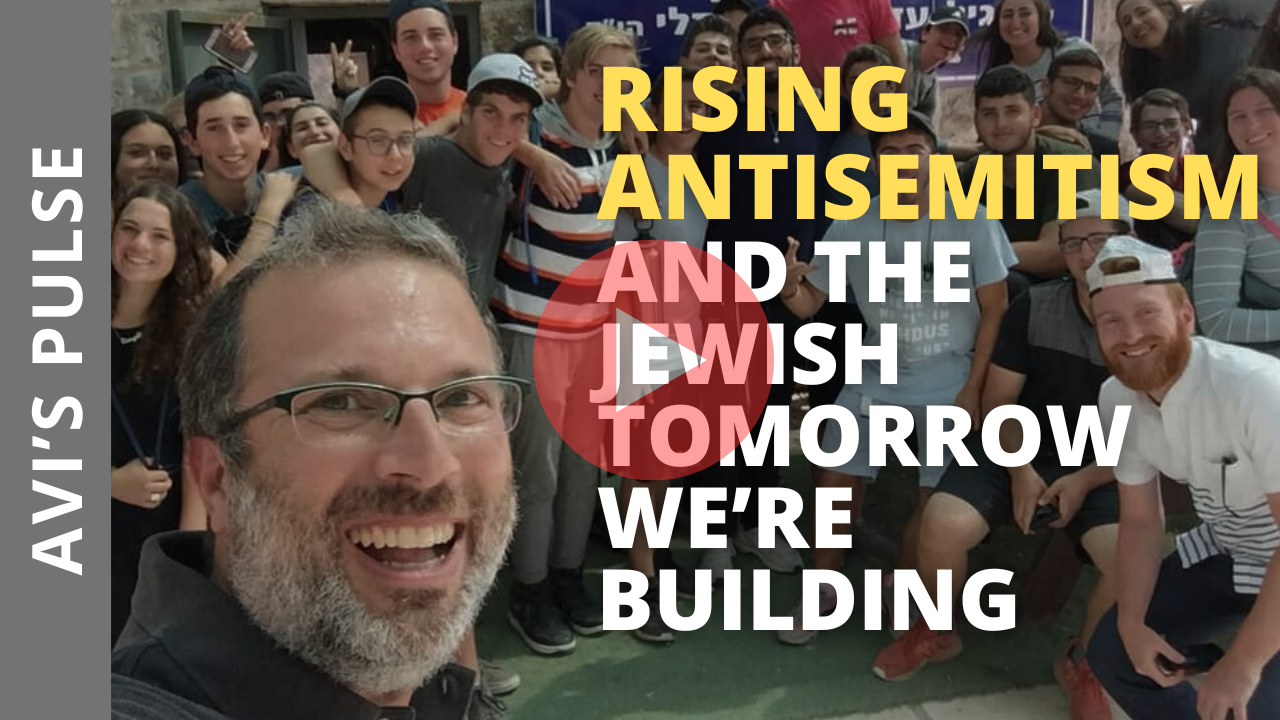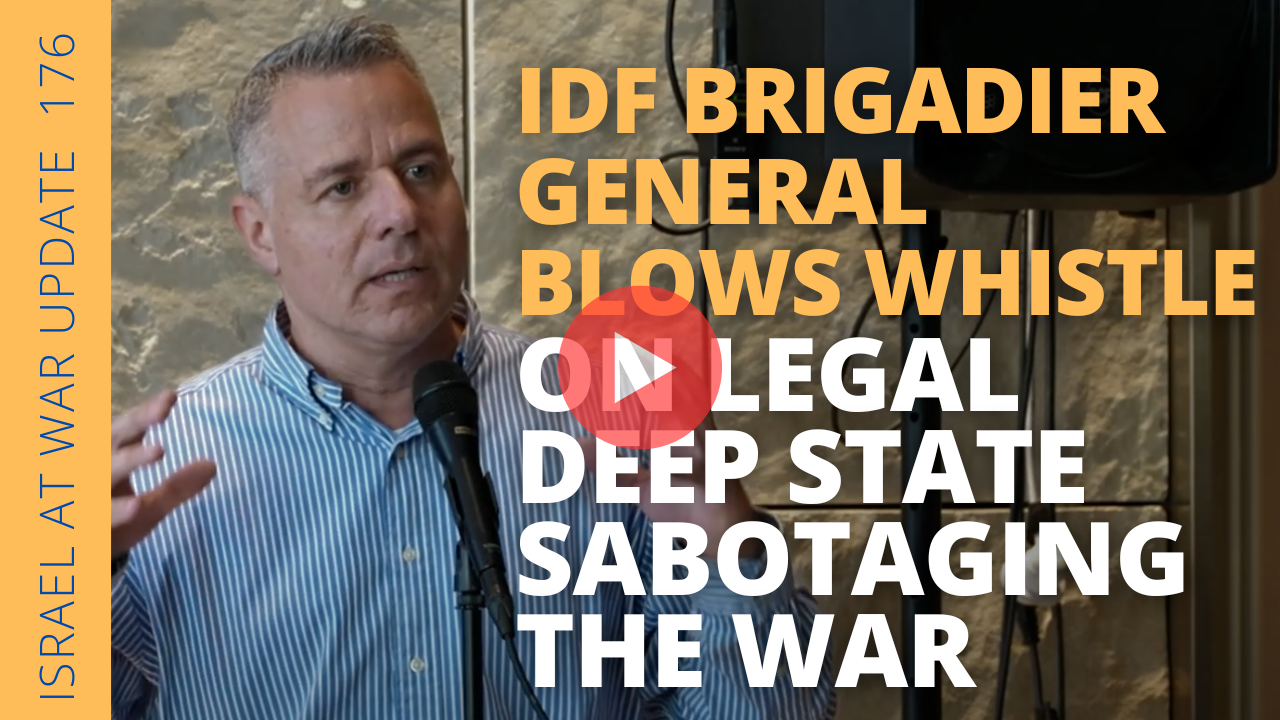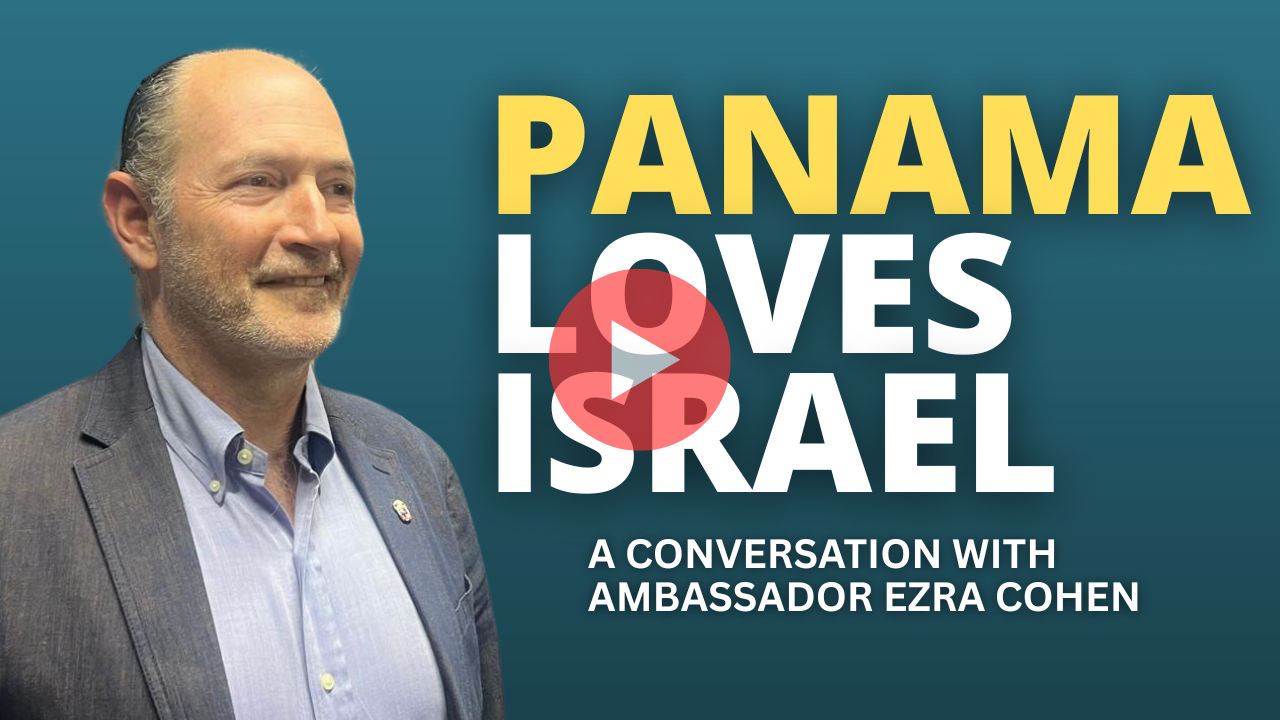A mayor must be a unifying force—someone who can bridge divides, and ensure that all residents feel secure and represented.
(June 26, 2025 / JNS)
I lived and worked in New York while a newlywed, law-school student and young attorney from 1970 to 1981. I have seen the city at its worst: “Adult bookstores” dotting Times Square, graffiti-covered subway cars with broken seats, panhandlers on every corner and squeegee men at every intersection. And I’ve seen the city at its best, too: Construction projects changing the face of the City from the World Trade Center to the reconstruction of the “old” Yankee Stadium, streets getting cleaner, and a city climbing out of its financial doldrums.
Now I sit at a distance from New York City, but what happens there affects even those of us who live as close as New Jersey and as far away as Israel. Today, New York City stands at a crossroads, facing complex challenges that demand visionary and unifying political leadership. As the mayoral race heats up, voters must scrutinize each candidate’s platform and judgment.
In the case of Zohran Mamdani, the apparent winner of this week’s Democratic Party primary, a close examination reveals a pattern of rhetoric and positions that would not only be detrimental to the city’s overall well-being but also deepen divisions and raise serious alarms within its vibrant Jewish community.
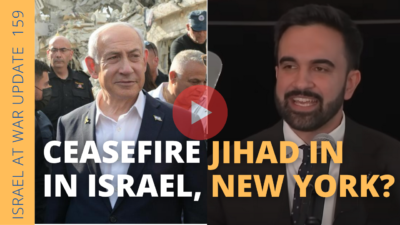
His policy proposals, while appealing to some segments of the electorate with promises of rent freezes (a death knell for the real estate market) and free public transit, raise significant questions about fiscal responsibility and the city’s economic future. All five boroughs face substantial budgetary pressures, and a platform predicated on vastly expanded public spending without a clear, sustainable funding mechanism could lead to financial instability and jeopardize essential services for all New Yorkers.
Moreover, Mamdani’s approach to public safety, while advocating for community-based solutions, has been criticized by those who believe it would undermine the NYPD and make the city less secure at a time when residents are already grappling with rising crime concerns.
Yet it is his repeated engagement with, and at times defense of, rhetoric widely condemned as antisemitic that presents the most profound and unsettling concern, particularly for New York City’s Jewish population, the largest outside of Israel. His refusal to unequivocally condemn controversial phrases like “Globalize the intifada” remains deeply troubling. The term “intifada” is inextricably linked to periods of intense violence and terror against Israelis, including numerous suicide bombings and civilian casualties. To equivocate on such a phrase or to attempt to reframe it as merely meaning “struggle” while simultaneously evoking the Holocaust’s Warsaw Ghetto Uprising, as Mamdani has, is not just tone-deaf. It is profoundly offensive and even dangerous.
Comparing the Warsaw Ghetto Uprising and the term “Globalize the Intifada” underscores the egregious nature of Mamdani’s attempt to sanitize a term associated with violence against Jews. This isn’t merely a matter of semantics; it speaks to a fundamental lack of understanding or disregard for the lived experience and historical trauma of the Jewish community. When a mayoral candidate appears to legitimize or minimize calls that many Jews perceive as incitements to violence, it fosters an atmosphere of fear and insecurity.
His consistent, vocal criticism of Israel, identifying as an anti-Zionist and reportedly declining to sign resolutions commemorating the Holocaust, further alienates a significant portion of New York City’s diverse Jewish community. While criticism of Israeli government policies is a legitimate aspect of political discourse, his consistent antagonism, coupled with associating with groups that have made anti-Israel activism a core plank of their platforms, suggests an ideology that goes beyond policy disagreements. Many Jewish New Yorkers view anti-Zionism as a form of antisemitism, given that it often denies the Jewish people’s right to self-determination in their ancestral homeland.
New York City prides itself on its diversity and its ability to be a safe haven for all communities. A mayor must be a unifying force—someone who can bridge divides, and ensure that all residents feel secure and represented. Mamdani’s past statements and perceived allegiances, particularly regarding issues that deeply impact the Jewish community, raise serious doubts about his capacity to fulfill this crucial role. His candidacy risks exacerbating existing tensions and creating an environment where a significant portion of the city’s population feels marginalized and vulnerable.
For the future of New York City, and particularly for the well-being and security of its Jewish community, voters must consider the full implications of electing a mayor whose rhetoric on sensitive issues has consistently caused alarm and offense. Leadership requires not just policy ideas but empathy, historical understanding, and an unwavering commitment to the safety and inclusion of all citizens.
Zohran Mamdani’s record, unfortunately, falls short on these critical measures, making him a risky choice for New York City’s top office.

 Whatsapp
Whatsapp